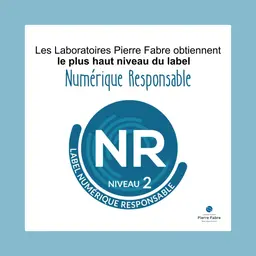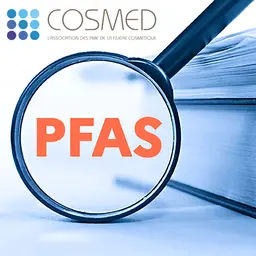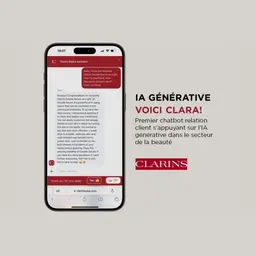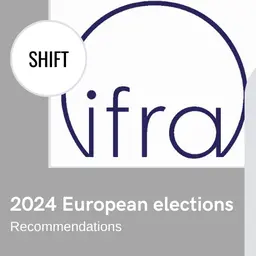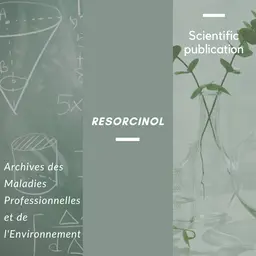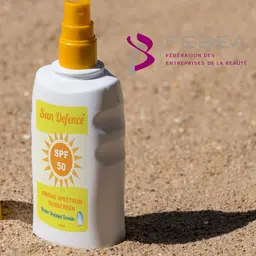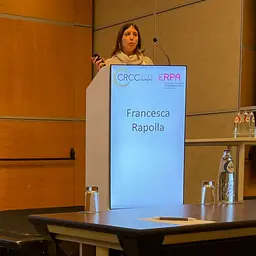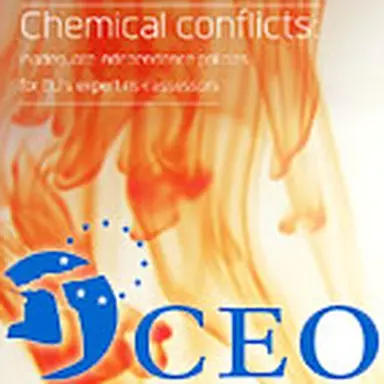
A new report by Corporate Europe Observatory reveals the conflicts of interest and the links between the industry and European experts in charge of the assessment of chemical substances, such as parabens or nanomaterials used in cosmetics. According to this association, two-third of scientists has industry links, and that can have a huge impact on European citizens' health.
The
Corporate Europe Observatory
is a research and campaign group working to expose and challenge the privileged access and influence enjoyed by corporations and their lobby groups in EU policy making.
Its latest report, Chemical conflicts, reveals the inadequate independence policies of the Scientific Committees under DG SANCO, the European Commission's department in charge of consumer issues.
The Committees assess the risk to humans and the environment of chemicals found in a huge range of everyday items, from shampoo to baby bottles. Their opinions guide European Commission regulators, who decide which chemicals are safe and at what levels, and which should be banned.
The research of Corporate Europe Observatory was conducted on the safety assessment of four controversial chemicals: parabens, nano titanium-dioxide, nano silver, and mercury dental amalgams.
Having gone through the annual declarations of the interests of all 57 members involved in the scientific committees' opinions on the four substances examined, two thirds (67%) of the scientists were found to have links with industries with a direct or indirect interest in the assessed chemicals. Declarations include well-known corporations such as pharmaceutical giant GlaxoSmithKline, chemical behemoth DuPont, and consumer goods heavy-weight Unilever.
The most common conflict within the declarations forms …

